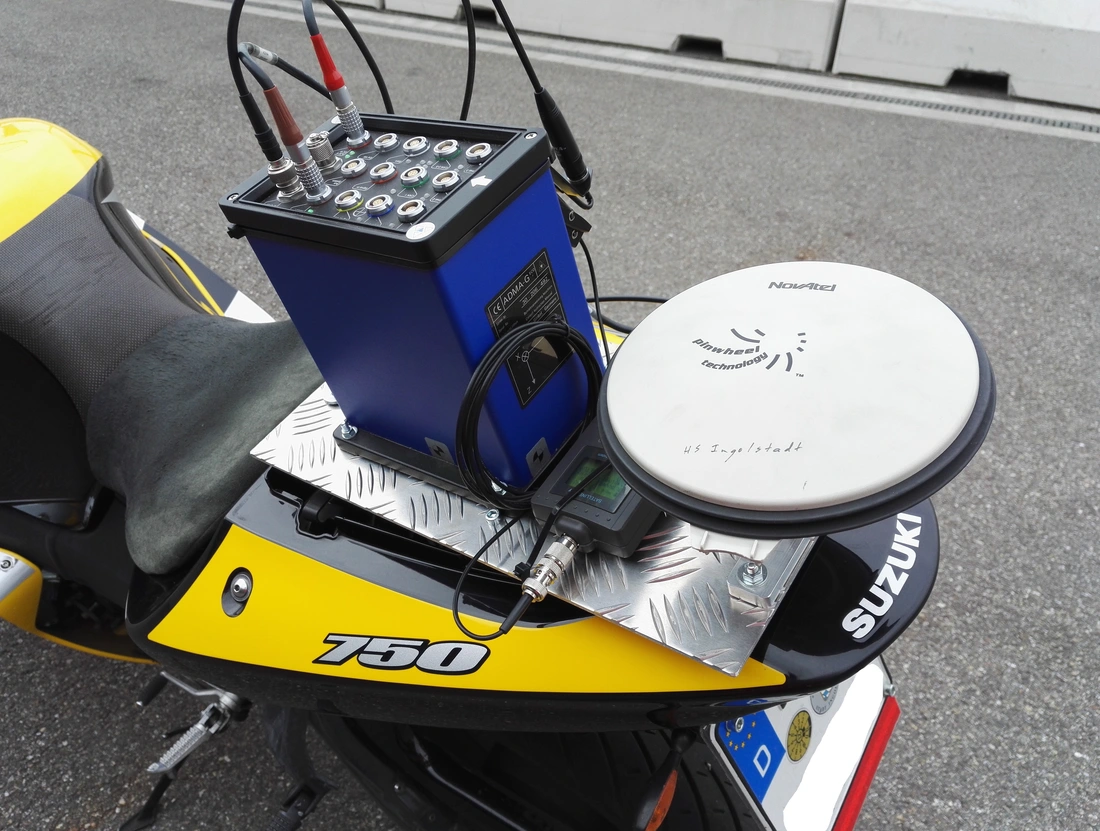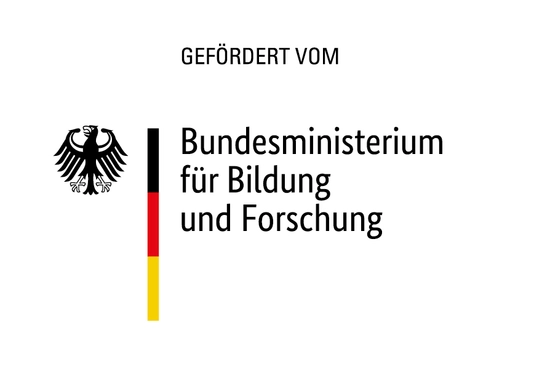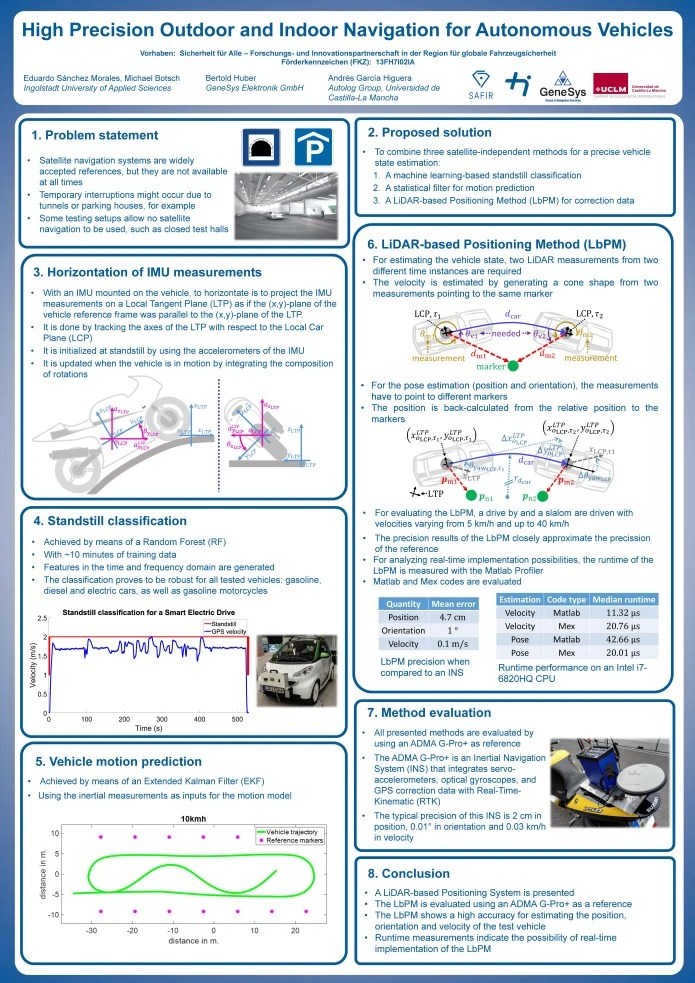Knowing the current state of a vehicle plays a crucial role in automotive research. Information like current position, velocity, heading, etc. are important pieces of information for a variety of tasks in the development and also in the validation of autonomous driving functions. In these development stages sensors with high accuracy are necessary to evaluate the performance of the autonomous driving functions. Such reference sensors must have a high reliability. However, all sensors have their limitations and it must be known when and in what situations the measurements have a high or a low level of trust. For example, sensors that rely on the reception of satellite data have a lower performance when the vehicle is being driven through any roofed area (such as tunnels, bridges or parking lots) because there is no connection to the satellites.
The purpose of this project, is to investigate methods to analyze and predict the level of trust of reference sensors that are measuring / estimating the current state of the vehicle in real time. In the project an Inertial Measurement Unit (IMU) is used as reference sensor and data from a variety of traffic scenarios on roads, outdoor and indoor test tracks. The effect of applying different statistical filters and vehicle models in the estimation tasks is analyzed with respect to the robustness of the predicted level of trust. In order to detect traffic and environmental conditions when the level of trust is low the use of machine learning techniques is investigated.
Further the project deals with methods to improve the accuracy in such situations when a low level of trust is predicted. For this goal the fusion with data from additional sensors, like velocity sensors or optical sensors, is implemented and evaluated.









![[Translate to English:] Logo Akkreditierungsrat: Systemakkreditiert](/fileadmin/_processed_/2/8/csm_AR-Siegel_Systemakkreditierung_bc4ea3377d.webp)








![[Translate to English:] Logo IHK Ausbildungsbetrieb 2023](/fileadmin/_processed_/6/csm_IHK_Ausbildungsbetrieb_digital_2023_6850f47537.webp)


